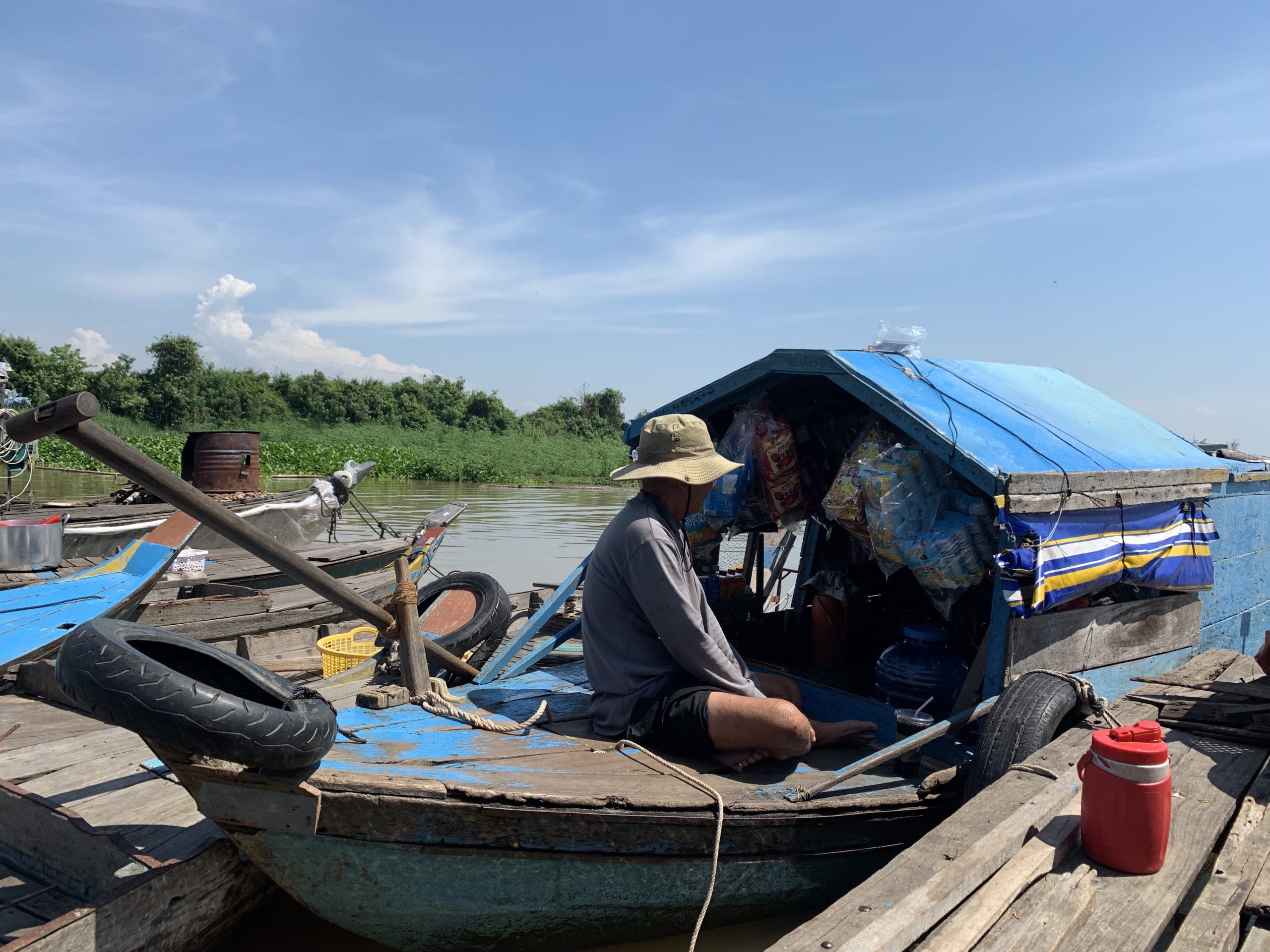1. Citizenship Law
a. Jus Sanguinis Provisions
The citizenship law of Palau operates through jus sanguinis provisions with children born either within or outside of the state automatically considered citizens if one of their parents is a citizen. There are no provisions stipulating protections for foundlings or children born to stateless and/or foreign parents within the territory. There is no definition of a stateless person or any explicit mention of statelessness in Palau’s national legislation.
b. Naturalized Citizenship
A naturalization process is only available to people of Palauan ancestry. There is no simplified or expedited procedure available for stateless persons or refugees.
c. Dual Citizenship
While dual citizenship was previously not recognized in Palau, a 2013 amendment bill was introduced to allow Palauan citizens to hold foreign citizenship without affecting their Palauan citizenship.
2. Treaty Ratification Status
Palau has the lowest rate of treaty accession to the relevant treaties of any state in the Asia Pacific region. Palau is only a party to the Convention on the Rights of the Child, to which it made no reservations.
In 2018, the CRC Committee in its concluding observations expressed concerns about the “ineffective birth registration procedures” as well as about the lack of legal safeguards against statelessness, especially for children. The Committee recommended adding legislative provisions which provide that any child born in the territory who may otherwise be stateless be granted Palauan citizenship. It was also recommended that Palau strengthen its efforts to implement early birth registration procedures and ensure issuance of birth certificates, especially at the community level. Further, Palau should “consider reviewing the Constitutional provision relating to citizenship to ensure that all children born in Palau a regranted access to citizenship if they would otherwise be stateless”. By ratifying the CRC, Palau is bound to ensure that every child’s birth is registered immediately and that no child is left stateless.
In Palau’s 38th UPR submission, it was recommended that the country accede to the 1954 and 1961 Statelessness Conventions as well as ensure their full implementation.
| Country | Stateless 1 | Stateless 2 | Refugee | ICCPR | ICESCR | ICERD | CRC | CEDAW |
|---|---|---|---|---|---|---|---|---|
| Palau |



